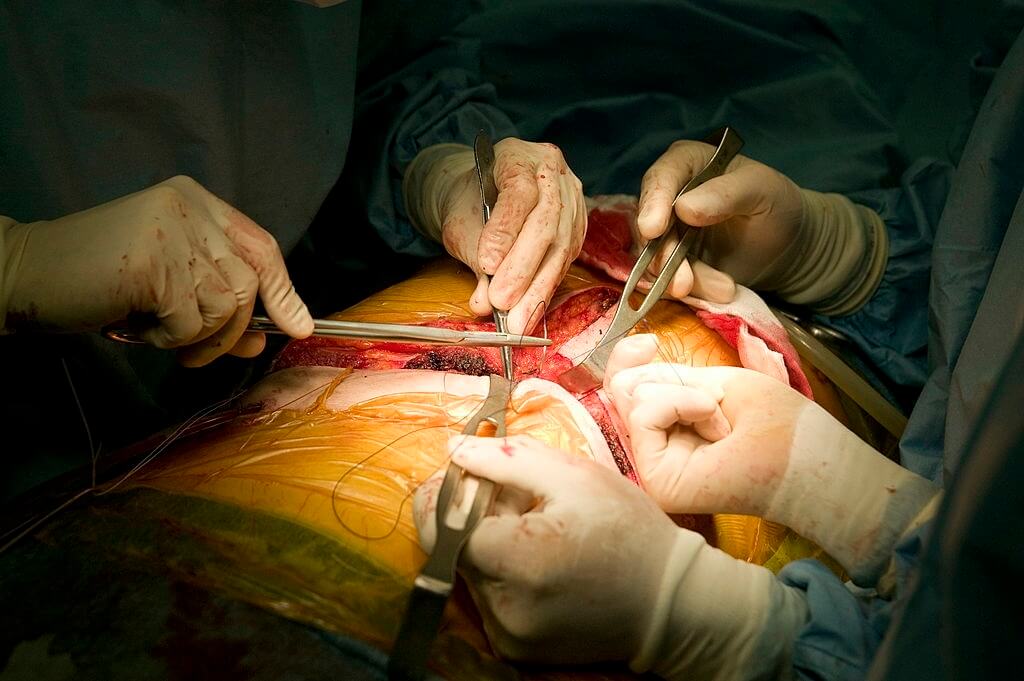David Beverley had been excited and had been prepping himself for major surgery on June 28th in which he would be a lifesaving donor for his 60-year-old father, Peter.
The 32-year-old man from Utah said that they called them the day before the surgery and said that they needed to stop the procedure since they did not have any blood.
Liver Transplant Refused Due To A Shortage Of Blood In Hospitals Across The Country
That was when David and Peter became the victims of what is rapidly becoming a national health crisis. There’s a severe shortage of blood which is putting a lot of surgeries and medical procedures at risk.

Paul Sullivan, the Vice President of donor services for the American Red Cross said that when demand is higher than supply, a blood shortage supply occurs. He added that this usually occurs during a particularly challenging time of the year. He enlisted these challenging times as the beginning of summer or the end of year holidays. He mentioned that they work hard and try to plan for these tough times.
He admitted that it was different this time due to the effects of the Covid pandemic and that it has caused a huge surge in the increase for demand blood in hospitals. It has resulted in a critical shortage of blood that has been ongoing for 7 weeks.
He noted that at the beginning of the pandemic, there was a decline in the need for blood as Covid isn’t a particularly blood-intensive disease.
Unfortunately, at present, the country is tasked with handling a unique situation, with large hospitals and centers for trauma have noted an increase of 8 to 9% in demand over the course of spring and summer.
The reason for this is said to be the fact that some people didn’t receive care or treatment during the pandemic to the extent that might normally have received.
Sullivan said that now that patients are back, in addition to the normal ER demand, hospitals are admitting patients with diseases that have gotten to an advanced stage and this requires a greater amount of blood. He added that there is also a growth in trauma due to the world going back to normal again and that there is an increase in the number of cancer patients who hadn’t received treatment during the pandemic.
The country is shipping out blood as soon as tests say that it’s safe to do so and this has drained inventories.
David and Peter had no idea that all of this was happening until their transplantation was canceled due to a shortage of blood.
David stated that it was a kind of shock.
Almost a year ago, Peter had been diagnosed with advanced nonalcoholic liver disease. Testing of David and one of his siblings followed a family discussion to find potential donors. David’s sibling could not be a donor, but David was involved in months of MRIs, CT scans, and nearly 100 lab tests.
He acknowledged that it was a very intensive process that was done in order to confirm that there were no hidden health complications. He was also told from the very beginning that the safety of the donor was of the utmost importance so if they found any sort of risk to either him or his father, they would come and talk to them about it immediately.
Such a risk was imposed by the shortage of blood. The father was told by the hospital that for such a procedure, an average person would require about 2 liters of blood considering that everything goes according to plan, but if anything goes wrong, they’d need up to 12 or 14 liters.